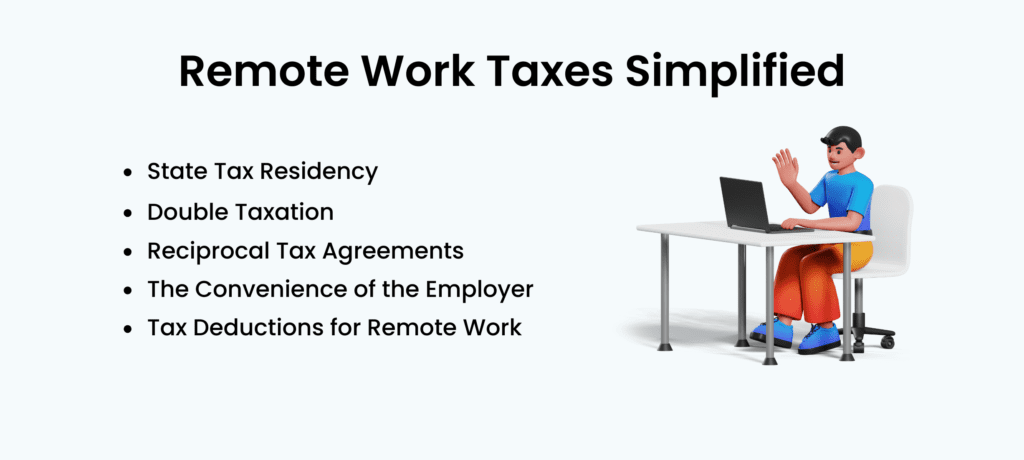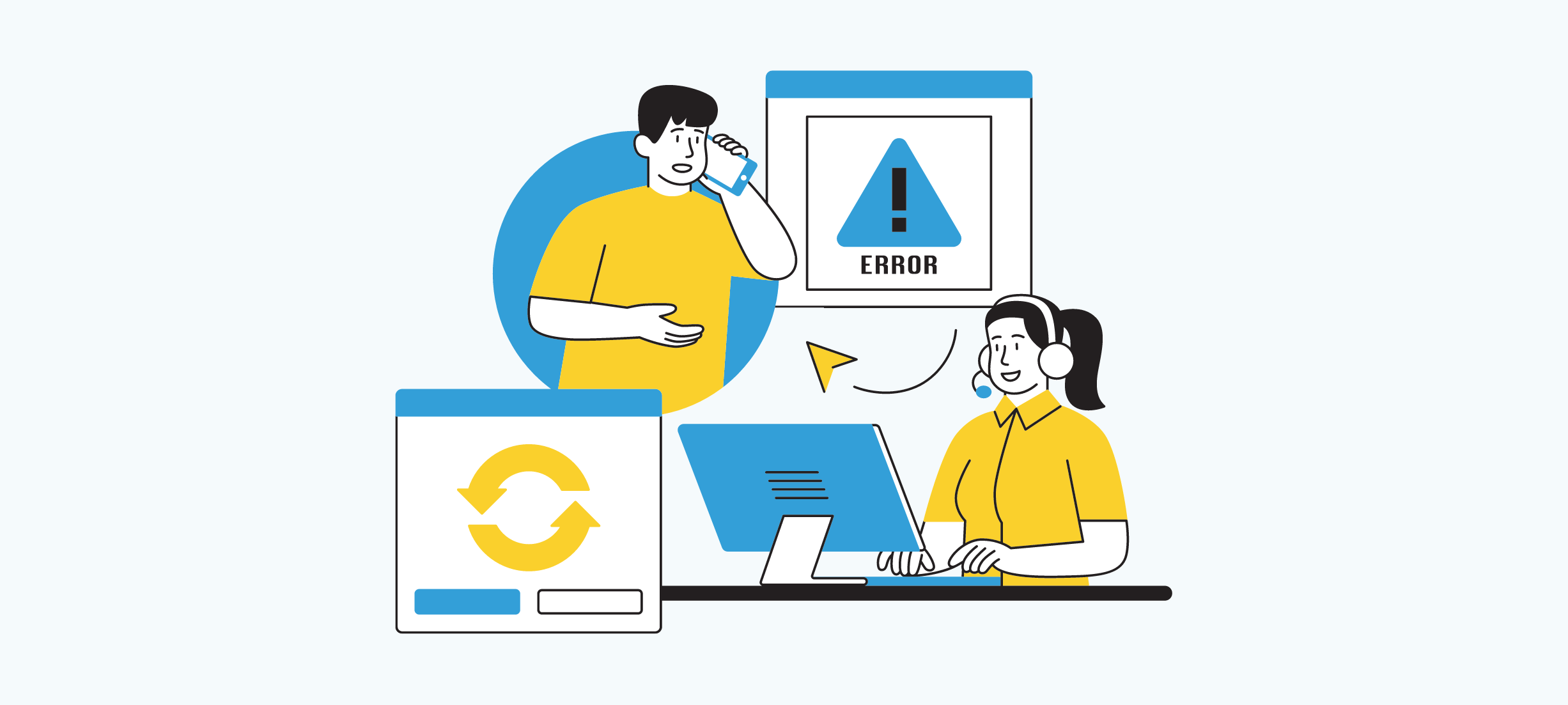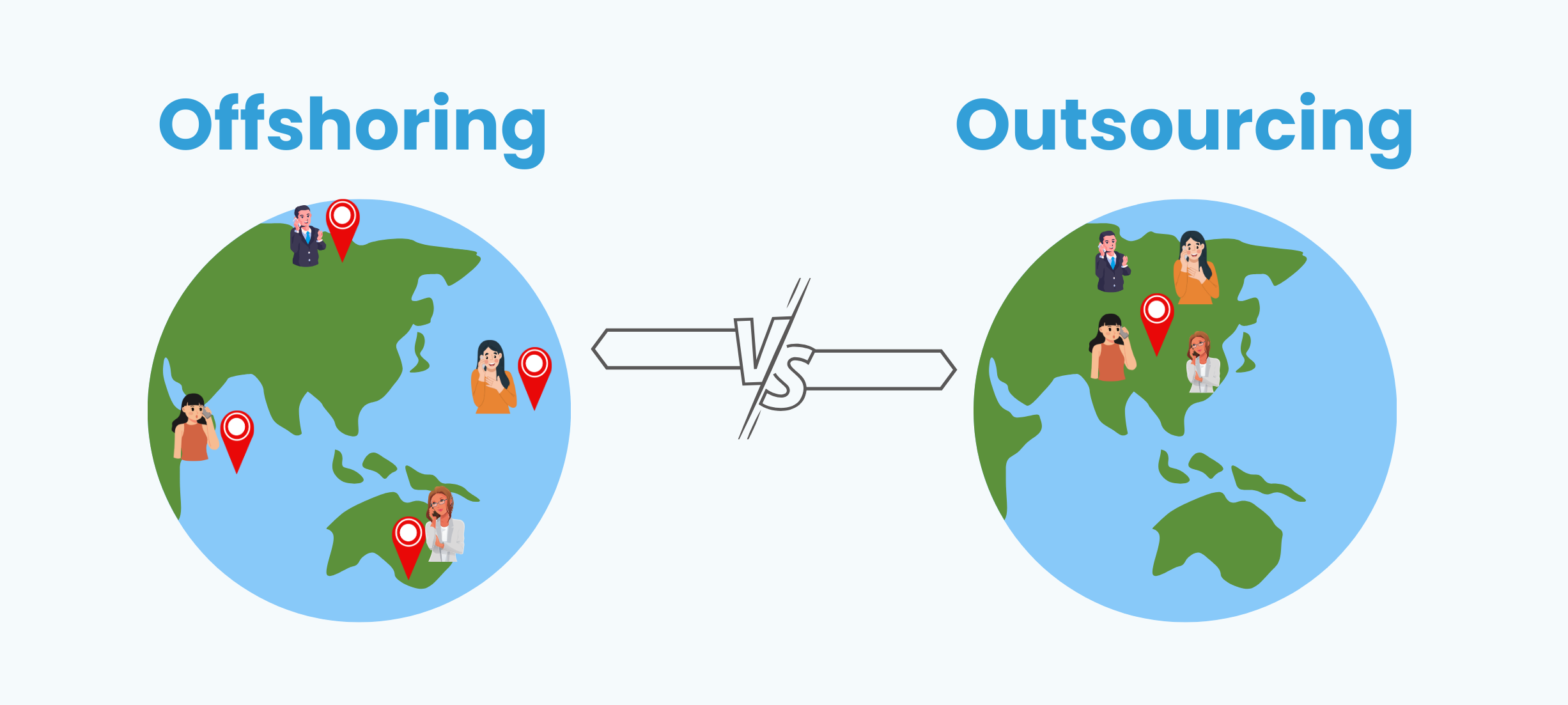The nature of work has transformed dramatically in recent years, with remote and hybrid work arrangements becoming increasingly prevalent. This shift has given workers the freedom and flexibility to perform their duties from different locations, but it has also given rise to complex questions about the implications of working in a different place on your tax situation. In this regard, tax advisors can be invaluable in helping navigate the complexities of remote and hybrid work arrangements. With their expertise, tax advisors can provide essential guidance and assistance, ensuring that you are well-prepared to address the implications of working in different locations on your tax situation.
Here we will explore the multifaceted ways in which working remotely or in a location other than your employers can affect your tax situation. There are five critical tax concepts that remote workers must understand to prevent overpayment, save on taxes, and remain compliant with tax regulations.
Tax concepts remote (and hybrid) workers should Know

1. State tax residency
One of the most fundamental considerations when working in a different place is determining your state tax residency. Your tax obligations are typically linked to your state of residency, and these obligations can be altered when you spend a significant amount of time working in a different state. It is imperative to understand the rules surrounding the establishment of state tax residency to ensure that you do not overpay or underpay your state taxes.
State tax residency factors can include the number of days you spend in a state, your permanent home, and the location of your family. It’s crucial to document your workdays in each state accurately, as exceeding a certain threshold of days in a state can trigger tax obligations in that state.
2. Double taxation
Double taxation is a concern for remote workers who work in different states or countries, particularly when it comes to tax preparation. It occurs when you are obligated to pay taxes in both your home state or country and the location where you are working. To avoid double taxation and ensure proper tax preparation, you must be knowledgeable about tax treaties and credits that may be available to you.
Tax treaties between countries and some U.S. states can provide relief from double taxation by ensuring that you don’t pay taxes on the same income in multiple jurisdictions. Additionally, you may be eligible for a foreign tax credit or a state tax credit to offset taxes paid in one jurisdiction against those owed in another.
3. Reciprocal tax agreements
In the United States, some states have reciprocal tax agreements, which can simplify the tax situation for remote workers who live in one state but work in another. These agreements allow you to pay taxes only in your state of residence, reducing the complexity of filing taxes in multiple states.
If you live in State A but work in State B, and these states have a reciprocal agreement, you will only owe taxes in State A. Be sure to check the specific terms of the agreement, as they may vary from state to state. In this condition, consulting with a tax professional would be beneficial for you.
4. The convenience of the employer
The “convenience of the employer” rule can significantly impact your tax situation. This rule stipulates that if you choose to work remotely for your own convenience rather than at the request of your employer, it can affect your tax deductions and credits. Understanding the nuances of this rule is essential to maximize your tax benefits.
Suppose you are a senior citizen seeking tax help for seniors, and your employer requires you to work remotely or provides a legitimate reason for it, such as office closures or business needs. In that case, your expenses related to remote work are more likely to be deductible. However, if you choose remote work for your own convenience, the deductions may be limited.
5. Tax deductions for remote work
Remote workers may be eligible for tax deductions related to their work-from-home expenses. These deductions can include home office expenses, internet and phone bills, and equipment costs. Understanding what you can deduct and how to do so correctly can significantly impact your tax situation.
To claim deductions for remote work expenses, you may need to meet certain criteria. For instance, the space you claim as a home office must be used exclusively for work purposes. Keep detailed records of your expenses, and consult with a tax service specialist or use tax software to ensure accurate reporting.
Plan remote work with taxes in mind
To navigate the complexities of working in different places and its impact on your tax situation, it’s essential to plan your remote work with taxes in mind. Here are some steps to consider:
- Keep meticulous records: Accurate record-keeping is crucial. Maintain detailed records of the time you spend working in different locations, expenses related to remote work, and any employer-required remote work arrangements.
- Consult a tax professional: When it comes to tax laws, which can be complex and vary by jurisdiction, seeking out expert bookkeeping services for small businesses is essential. A tax expert can provide tailored advice based on your specific circumstances and help you optimize your tax situation.
- Use tax software: When it comes to managing your taxes while working remotely, there are several tools and strategies at your disposal. Utilizing tax software like cloud accounting software can be incredibly beneficial. If you prefer a DIY approach, tax software can assist you in accurately reporting your income and expenses, ensuring that you take advantage of any available deductions and credits.
- Research tax treaties: If you are working in different countries, research tax treaties to understand how they might affect your tax obligations.
- Stay informed: Tax rules can be updated, and there might be new laws to follow. To make sure you’re following the rules and getting all the tax advantages, it’s a good idea to hire an accountant who can help you stay informed about tax changes and regulations.
Conclusion
In today’s ever-changing work landscape, it’s essential to grasp how your work location can influence your taxes. By staying well-informed, being proactive in your tax planning, and taking the required actions, you can maintain the financial benefits of your remote work while staying within the bounds of tax laws. At this point, you might wonder how “BookkeeperLive” can further assist you in your tax preparation journey. Our team of experienced professionals is here to guide you through this process, ensuring that you make the most out of your tax situation.
Our experts are well-versed in the intricacies of tax regulations and can provide personalized guidance tailored to your specific circumstances. Whether you have questions about deductions, credits, or need assistance in optimizing your tax situation for remote work, our team is here to help. Schedule a meeting with us now to receive expert advice and support that can make your tax preparation process smoother, more efficient, and financially advantageous.
FAQs
1. Do I have to pay taxes in the state where I’m working remotely?
Your tax obligations may depend on the state’s rules and your time spent working there. Consult a tax professional for guidance on your specific situation.
2. Will I still need to pay taxes in my home state?
Usually, yes. You’ll still need to pay taxes in your home state. But you might get a credit for taxes you paid in the state where you worked.
3. What If my home state and work state have a tax agreement?
If they have a tax agreement, you might only need to pay taxes in your home state. These agreements vary, so it’s essential to check the specific terms.
4. Can I deduct expenses for working remotely?
You might be able to deduct certain work-related expenses. However, the rules for deductions can be a bit complicated.
5. Should I consult a tax expert for help?
It’s a good idea to consult a tax expert or use tax software to navigate the complexities of working in different places and the impact on your taxes. They can help you make the most of your tax situation and ensure compliance with the tax laws.








